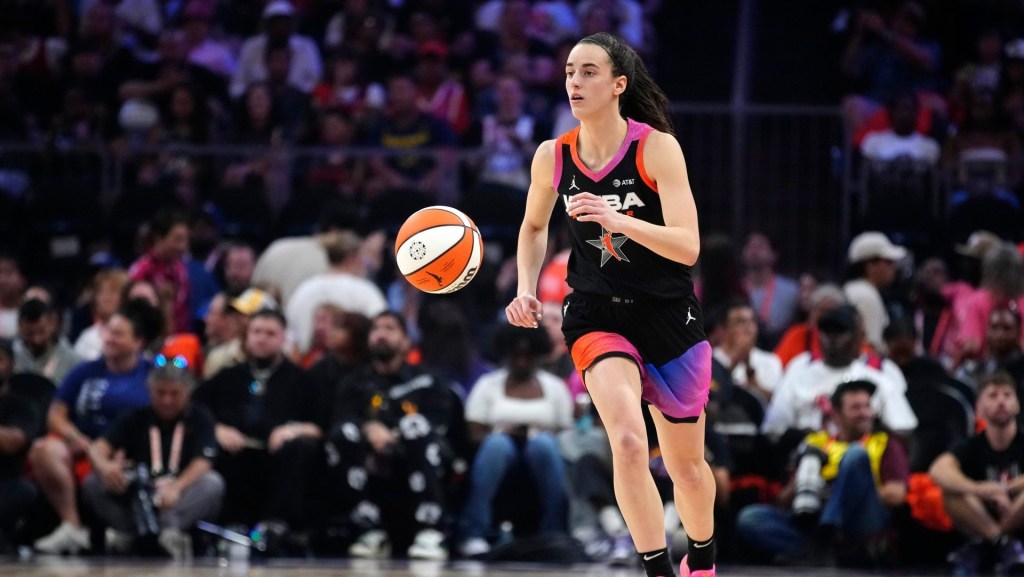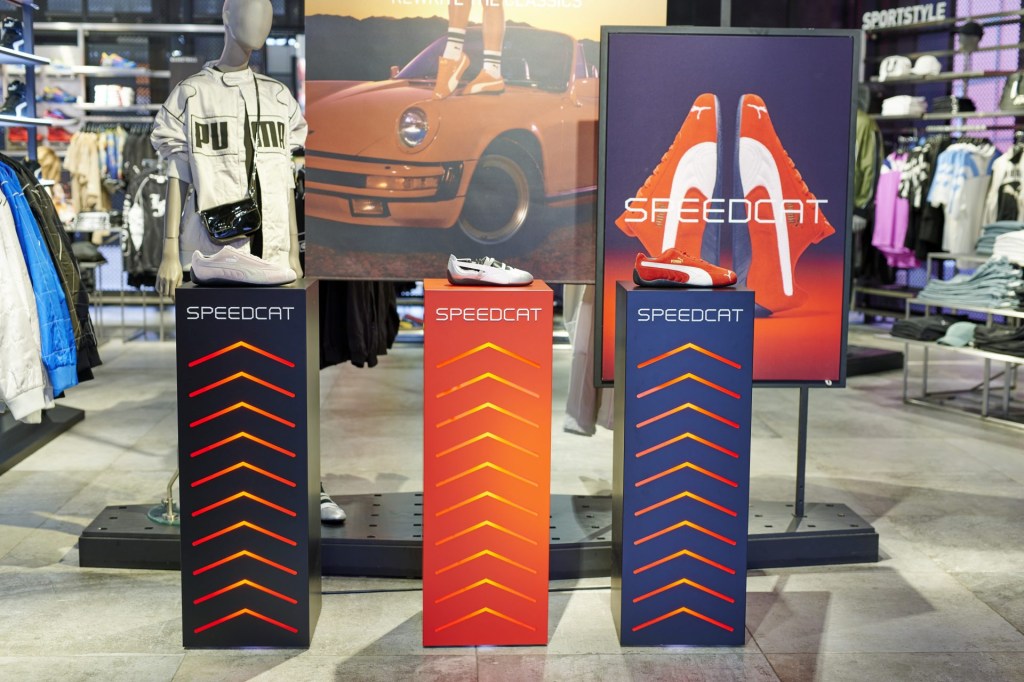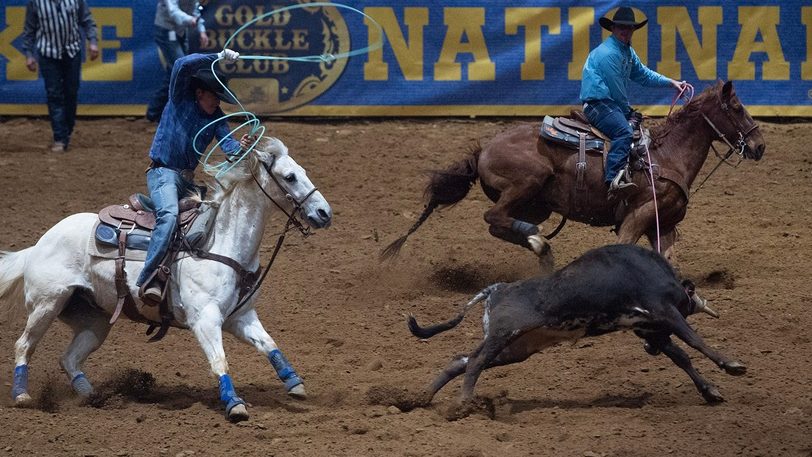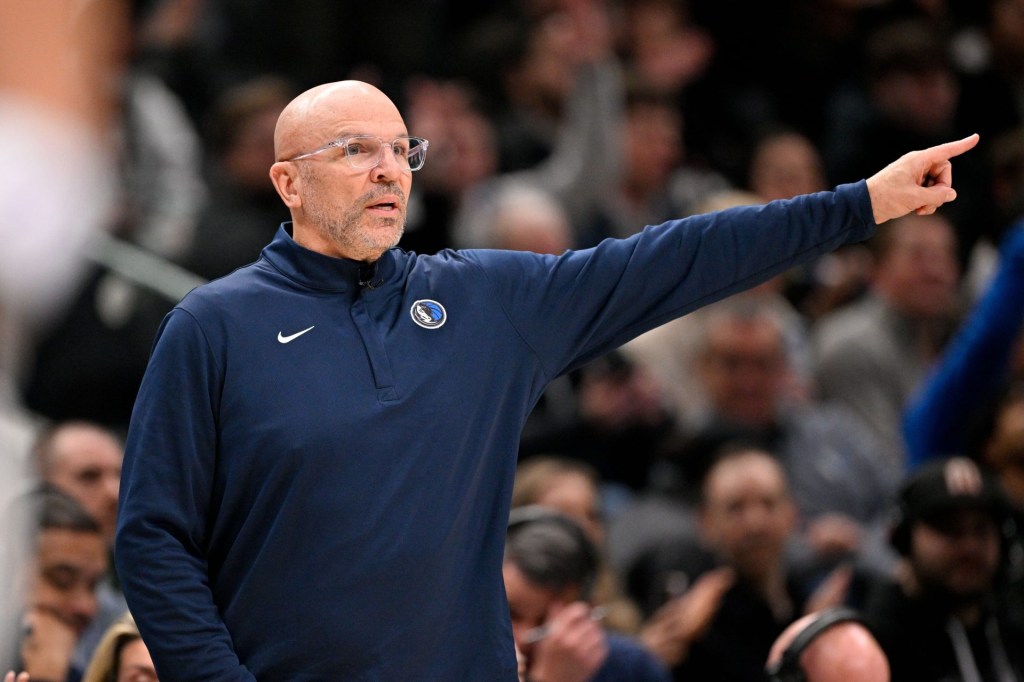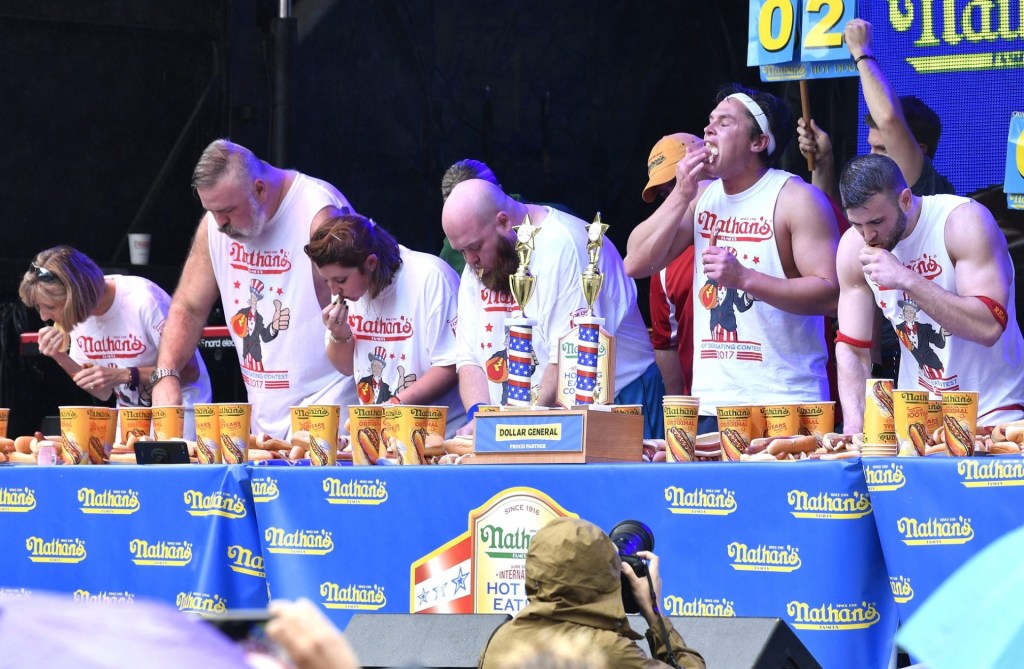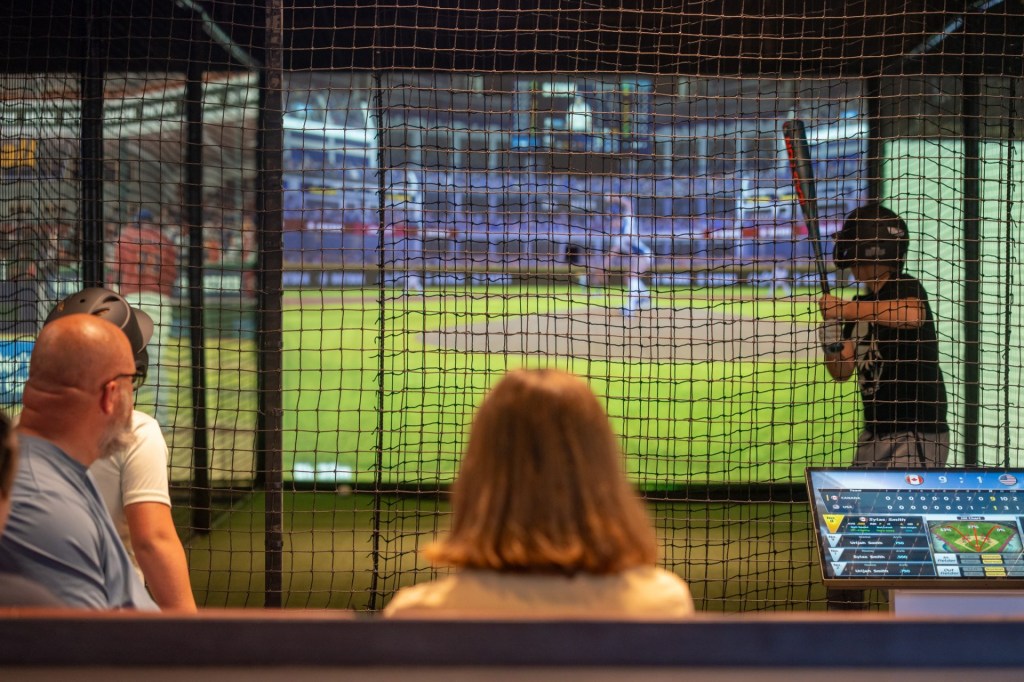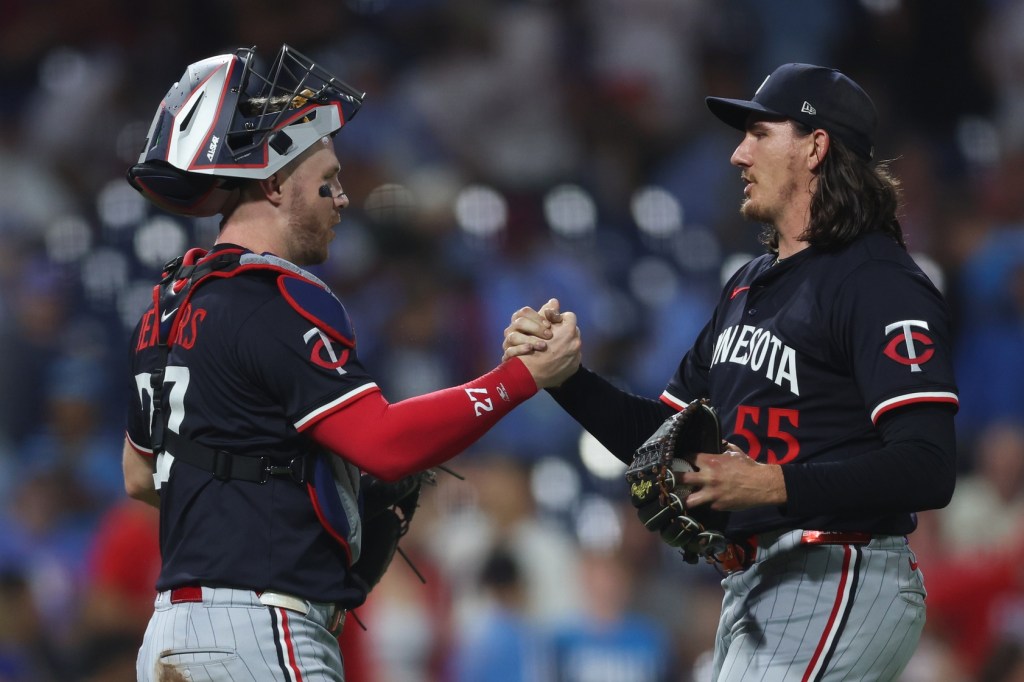The newest round of funding for sports-related NFT projects is in — and it’s largest-ever Series A of its kind.
Recur, the crypto platform owned by the Winklevoss twins, raised $50 million at a post-money valuation of $333 million. It’s backed by New York Mets owner Steve Cohen, Gary Vaynerchuk, Jason Derulo, and Gemini.
The company develops an NFT platform that connects brands to their fans and enables companies, celebrities, and athletes to engage with those fans through an NFT experience. Founded by Zach Bruch and digital licensing pioneer Trevor George, the company is looking to disrupt the ways in which IP holders are able to monetize their assets.
The company has partnered with Veritone to license PAC-12 highlights and NIL rights for the conference’s athletes. Recur will also be partnering with CLC, a division of Learfield, to license other universities’ rights.
The $50 million Series A was led by Digital, which is backed by the family office of Steve Cohen. The Mets owner and renowned hedge fund billionaire who inspired the main character for the hit TV show “Billions” has made various forays into blockchain technologies since 2018.
- 2018: Point72 invests in Autonomous Partners, a crypto-based hedge fund.
- 2021: Cohen hires a Head of Crypto for Point72 Asset Management.
- 2021: Point72 makes an investment in crypto analytics and news firm Messari.
- 2021: Cohen personally invests in Radkl, a crypto quantitative trading firm.
- 2021: Cohen invests in Recur through his new blockchain/crypto-based fund Digital.
Needless to say, Cohen has fully bought in on the thesis that blockchain technologies will have their place in the world — and he’s putting his money where his mouth is.
While Cohen’s investments skew heavily toward trading and financial markets, the investment in Recur’s NFT market shines a light on a new kind of project.
The market has seen three main types of sports-specific blockchain applications:
- IP Monetization Through NFTs: From leagues monetizing their banks of content to individual players monetizing their name, image, and likeness, NFTs allow for digital ownership of traditionally analog assets. Much of the benefit comes from traceability. In traditional formats, these assets took on the form of YouTube videos and trading cards. On the blockchain, those same assets become individual collectibles which can be permanently tracked and verified on the blockchain. Leagues and players can now more easily and verifiably turn intangible assets into a form of revenue.
- Digital Ticketing: Similar to IP monetization via NFTs, turning tickets into digital assets provides issuers the ability to earn royalties on secondary transactions. Every time a ticket trades on a secondary market, the issuer can continue to monetize due to the fact that each transaction is stored on the blockchain. (Think of a permanent digital ledger that stores an infinite number of transactions.) In March, Dallas Mavericks owner Mark Cuban hinted at the possibility of the Mavericks offering their tickets as NFTs to capture some of the value of secondary market transactions.
- Social Tokens: In the buzz surrounding the transfer of former Barcelona star Lionel Messi to French club PSG, you might have seen that part of the deal included a payment in PSG tokens. These tokens are yet another blockchain application we have seen introduced into the sports ecosystem. They represent a hybrid form of currency and alternative asset. On the one hand, tokens can be exchanged for goods and services like a regular currency and will increase or decrease in value based on market forces. On the other hand, the tokens give holders special privileges like picking the walkout music prior to a game or voting on a new stadium design.
So, where does Cohen’s investment land in this framework?
From my vantage point, Recur most comfortably fits in the IP monetization bucket. The ultimate goal of the platform is to create a marketplace where athletes, entertainers, and corporations alike can generate royalties in perpetuity for their work.
But how have these sports IP plays done in the market?
Recently, not too hot. While NBA Top Shot and Sorare were leaders in the February and March NFT boom — those two months saw sales of $224 million and $208 million, respectively — the bubble has since popped for Top Shot. Since the February highs, Top Shot has averaged sales of just $45 million.
Even during the current bull run on NFTs, which has seen more than $5 billion in transaction volume (compared to $342 million in February), NBA Top Shot has lagged behind as sports-related NFTs have been surpassed primarily by art projects and gaming applications. After its initial novelty wore off, Top Shot has failed to meaningfully provide its users with applications for their digital assets.
This then begs the question: Why did Steve Cohen put his money behind Recur?
First, it’s important to consider the type of IP that Cohen is investing in.
Recur plans to launch, in early 2022, a platform called NFTU. This platform will be a first-of-its-kind marketplace for college sports fans to buy and sell highlights from their favorite universities. Try to think of a more rabid fan base than that of top college sports teams. Couldn’t think of any? Me neither.
Partnering with conferences such as the PAC-12 allows not only for monetization of sports memories and traditions, but will also allow the platform to act as the marketplace for NIL deals to be facilitated through NFTs.
Cohen has found the convergence of two of the hottest trends in the market. NIL and NFTs both represent landmark changes in their respective markets. Cohen is investing at the intersection of two tidal waves with the potential to really hit it big if athletes choose to monetize through digital means.
Gambling on NFTs has proven lucrative for some and catastrophic for others. Projects have, historically, succeeded when the user base has a cult-like devotion to the project. Sounds a lot like college football fans to me.
Cohen’s bet on the emerging trend in NIL and the thesis that blockchain-based royalties will be a primary monetization channel in the future seems like a good one to me.
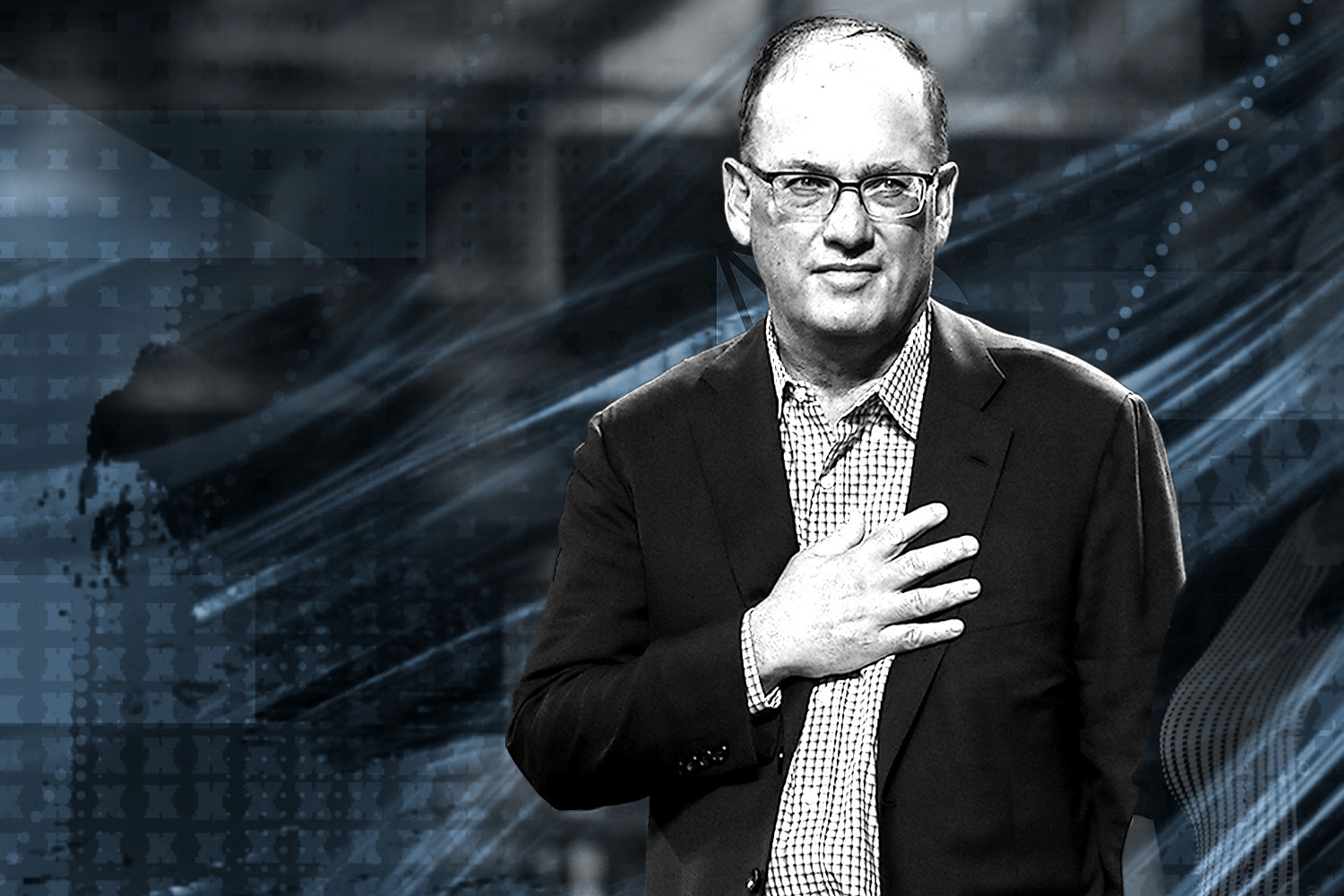
![[Subscription Customers Only] Jul 13, 2025; East Rutherford, New Jersey, USA; Chelsea FC midfielder Cole Palmer (10) celebrates winning the final of the 2025 FIFA Club World Cup at MetLife Stadium](https://frontofficesports.com/wp-content/uploads/2026/02/USATSI_26636703-scaled-e1770932227605.jpg?quality=100&w=1024)







